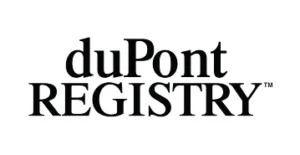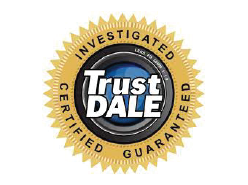
In today’s business landscape, call tracking is becoming a crucial tool for enhancing customer interaction strategies. This technology, which analyzes telephone call data, is a vital resource across various industries. Let’s explore the essentials of call tracking and its impact on business communications.
Call tracking involves recording and analyzing both incoming and outgoing calls. This process, powered by advanced algorithms, provides insights into call patterns, caller demographics, and call outcomes. It’s key for businesses to understand customer engagement and assess the effectiveness of marketing campaigns.
Call tracking is a vital component in modern business operations, offering rich data to improve customer engagement and marketing strategies. Understanding its features, applications, and best practices allows businesses to effectively leverage call tracking. As technology evolves, the significance of call tracking in informed business decision-making continues to grow, marking it as an indispensable tool for savvy businesses.

Book A Quick 15 Minute Call,
And We’ll Show You How To Unlock The Power Of Every Conversation.




























©2025 All rights reserved – Convirza